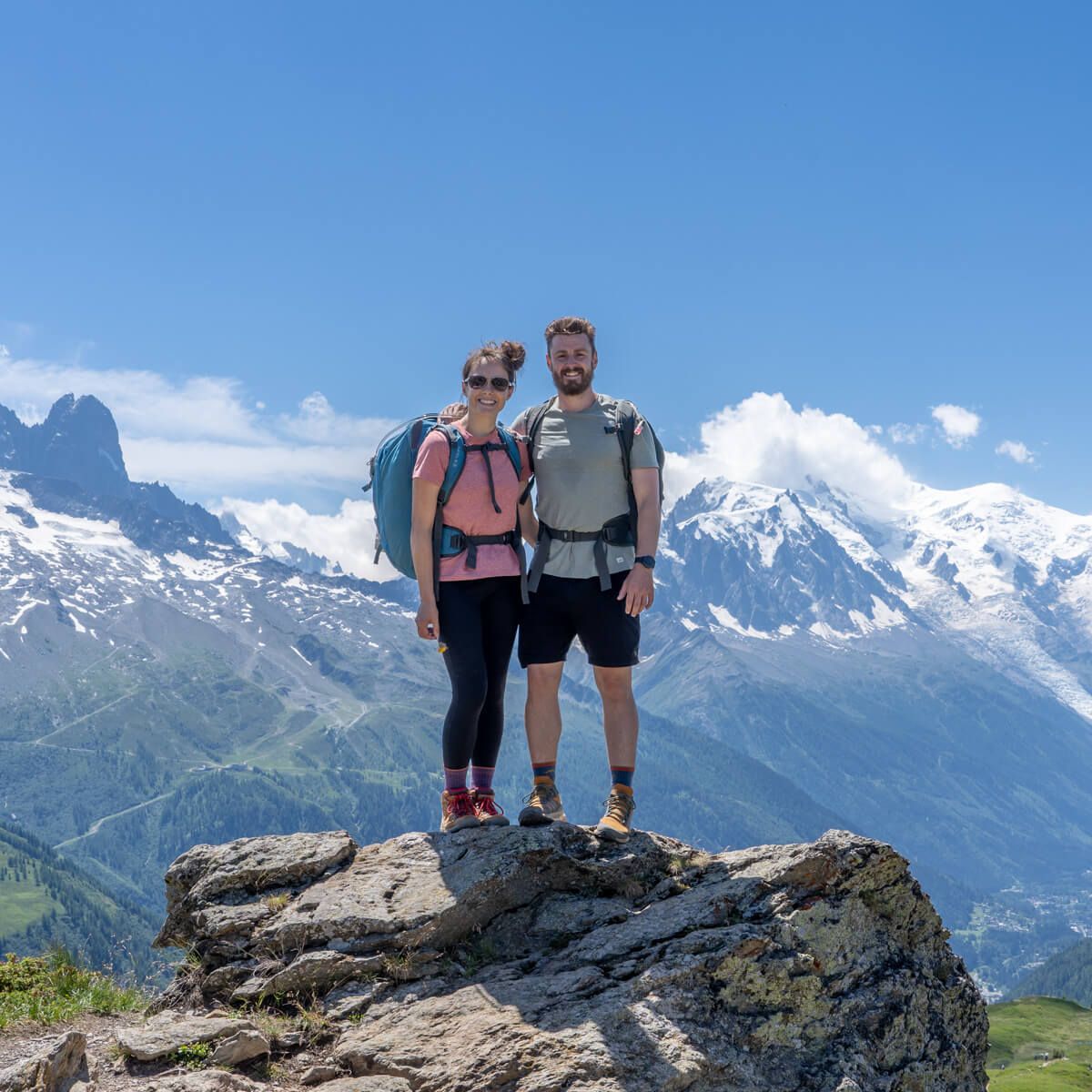Where Are
Those Morgans.
100% human made travel resources.
OUR SERVICES
How Can We Help You?
Travel Blog
Our travel blog is the heart and soul of Where Are Those Morgans. We have hundreds of free-to-read guides to help you visit new places around the world.
free
Travel Guidebooks
Our incredibly affordable pocket travel guidebooks are perfect for those who love to plan trips! They include itineraries, key information, maps, links and more.
$9.99
Travel Planning
After countless requests, we now offer a bespoke travel planning service for select destinations. You can talk one-on-one with us to create the perfect itinerary.
bespoke
BLOG
Latest Travel Guides

How To Visit Seodaemun Prison In Seoul, South Korea
The Seodaemun Prison History Hall is an interesting museum located in western Seoul within Independence …
Read More
How To Visit The Jongmyo Shrine In Seoul, South Korea
The Jongmyo Shrine is one of the most unique things to see in Seoul because …
Read More
Visiting The 5 Royal Palaces In Seoul, South Korea
There are five royal palaces in Seoul. While most visitors add Gyeongbokgung, Changdeokgung and Changgyeonggung …
Read More
How To Visit Gyeonghuigung Palace In Seoul
Gyeonghuigung Palace is the least visited palace in Seoul and is not well known to most …
Read More
How To Visit Deoksugung Palace In Seoul
Located directly across the street from City Hall in downtown Seoul, Deoksugung is one of …
Read More
How To Visit Changgyeonggung Palace In Seoul
While Gyeongbokgung and Changdeokgung are the most popular palaces in Seoul, Changgyeonggung Palace was the …
Read More
SHOP
Guidebooks
Comprehensive pocket travel guidebooks for your next vacation.
Shop GuidebooksSHOP
Prints
Spruce up the walls in your home with our photos from around the world.
Shop Photos
INSPIRATION
Find Your Next Adventure
About Us
Hi! We’re Mark and Kristen Morgan. We traveled the world for 6 years, visiting more than 40 countries and 30 US states. And it was the adventure of a lifetime.
Now our travel, hiking and photography resources help millions visit bucket list destinations each year, and we can’t wait to help you with planning your next vacation.

Newsletter
POPULAR
Travel Destinations
HUMAN MADE
Travel Resources
What do we mean by 100% human made travel resources? Well, the internet as we once knew it has forever changed thanks to the explosive rise of AI. The web is now filled with misinformation, plagiarized content and recycled garbage.
At Where Are Those Morgans, you can rest assured that Mark and Kristen Morgan are the only two authors and creators of all blog posts, travel guidebooks and travel photos. Everything we write is from direct first hand experience, and we do not use AI in any way.
FEATURES
Work Published In












